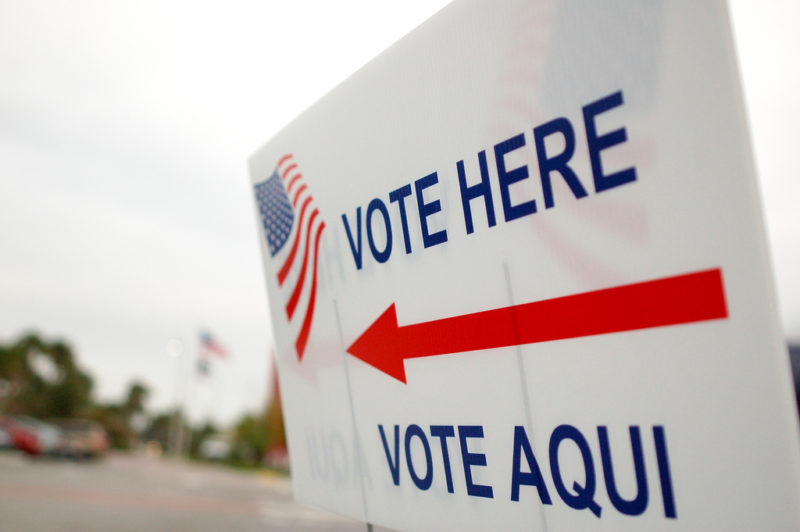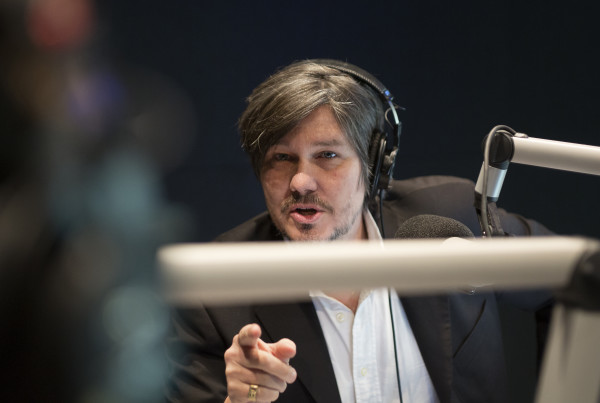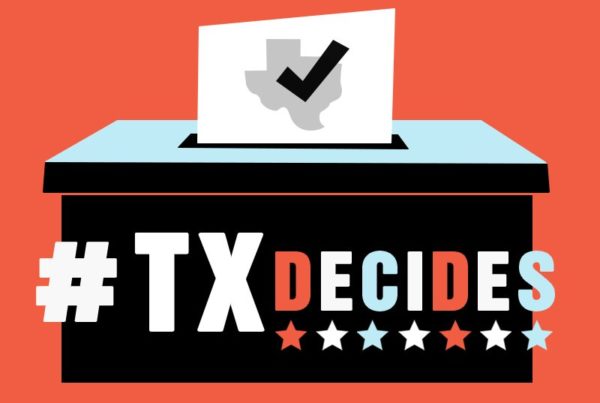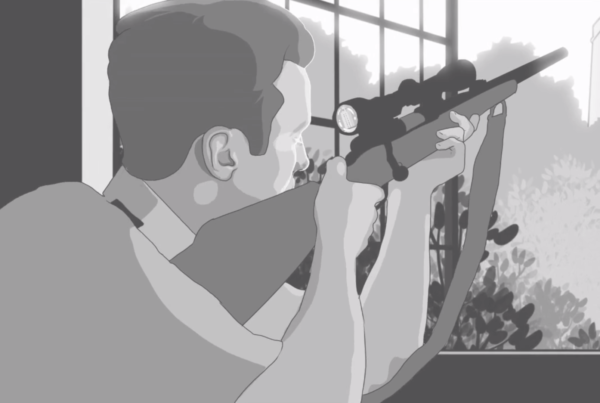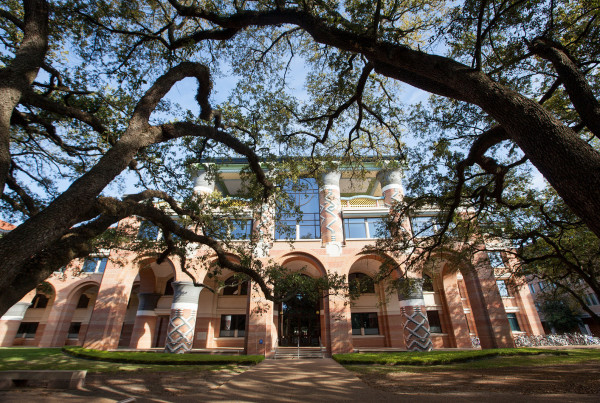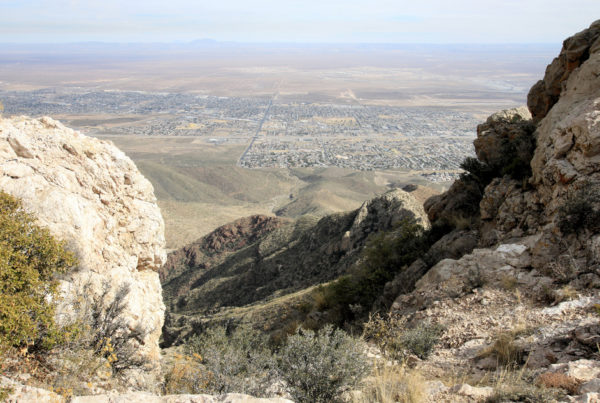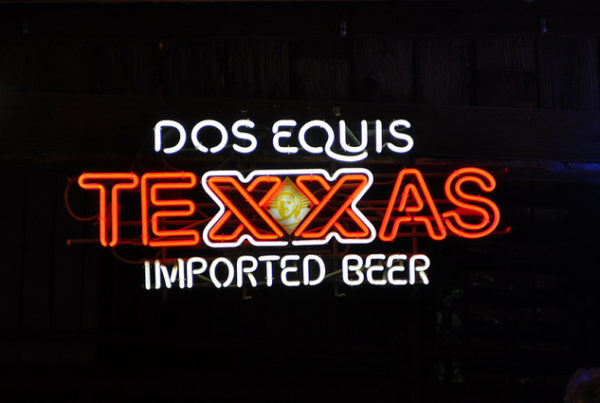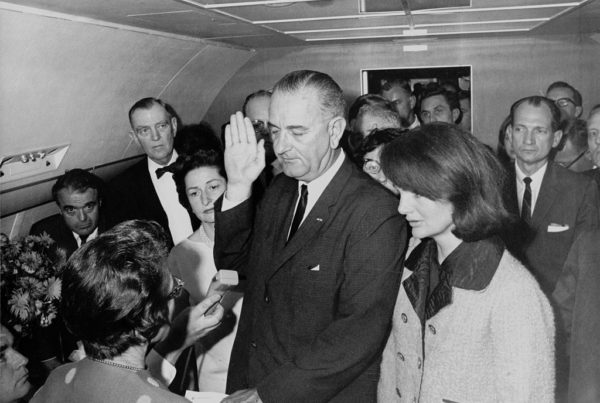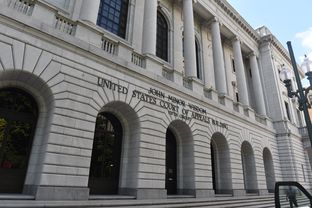How are undecided Texans gearing up for their presidential pick? This is part three of a series following four voters through the last month before election day. Take a listen to parts one and two first.
The idea of this project is to track how undecided voters make their decision in this presidential election. We started it despite the fact that from the outset, Texas seemed like a slam dunk for Donald Trump – a slam dunk for anyone with an ‘R’ next to their name, for that matter.
Texas hasn’t cast its electoral votes for a Democrat since Jimmy Carter in 1976, so it’s understandable that the voters we spoke to might feel like their votes didn’t count for much.
A few weeks ago, I spoke with Richard Keller, a salesman from Fort Worth.
“I could almost literally write in ‘Mickey Mouse’ and it’s probably not going to be that big of a deal,” he said.
But now, the election odds are starting to feel different.
A University of Houston poll shows Trump leading Clinton by just 3 percentage points. One from the Washington Post shows a two-point gap.
“We’re even moving Texas from solid Republican to lean Republican,” a Fox News report says.
And from CNBC: “[Clinton’s] frankly more likely to win Texas than Trump is Pennsylvania. It’s not even a fair fight right now.”
The Clinton campaign is also running a TV ad in Texas.
But most voters will still tell you it feels like a stretch to call Texas a toss-up. Even in heavily Democratic San Antonio, that’s how things look to Blanca Morales.
“I would be very, very surprised if … the electoral votes went to the Democratic Party,” Morales says. “I really, really would be shocked.”
It’s clear that Clinton’s gains are changing the Election Day calculus for undecided voters.
Here’s Richard Keller now:
“Those polls do make me think twice about writing in Mickey Mouse or voting for Gary Johnson – a little bit,” he says. “But it still goes against the idea that I should be able to vote for who I feel is the most qualified, not voting against the person I feel is terrible.”
In the small, southeast Texas town of Sweeny, Dawn Pekar finds herself in a similar, unfamiliar position.
“This is the first time I’ve ever really considered not voting third party,” Pekar says. “I felt like it didn’t matter how I voted, so I should go ahead and vote for what I would really like to see in office. And that’s the only reason I have wavered so much in this election.”
For Pekar and Keller, this election has exacerbated their grievances with the two-party system. And that’s fueling their indecision.
“The system that we have now, this duopoly, is marginalizing well over half the population,” Pekar says. “How do we change that? Not by doing the same thing again and again and again. And the fact that we’ve got to this point just shows what voting for the lesser of two evils will bring you to.”
Josh Thompson is facing a different decision dilemma. He’s a home builder from Tyler and a lifelong conservative – a small government guy. Out in East Texas, Thompson doesn’t feel the swell of a Clinton wave. But he doesn’t like what he hears when Trump talks about cutting taxes.
“I looked it up and best I can tell, the tax rates are really not at historic highs right now,” Thompson says. “So to make the argument that we can stimulate the economy out of this 1 percent growth by just cutting taxes – I don’t know that that’s the case.”
And as a small business owner, the economy is Thompson’s number one issue. He also takes issue with the reports over Trump’s character. But, for him, Clinton comes with her own problems.
“Her 30 years in public office – I don’t remember a time where there was not some sort of investigations, controversies that her and Bill were dealing with,” he says. “And do I really want the next four, possibly eight years to be as dirty legally as what her past has been?”
So this is where we’re at: last week, Thompson, Pekar and Keller were still on the fence. Morales leaned slightly toward Hillary Clinton. This week, I made them give me the odds of who’d they’d vote for.
Morales: “Probably 55 to 45 [percent] – 55, probably Stein, and then Clinton – 45.”
Keller: “Maybe, 66 to 33 [percent]: 66 Hillary, 33 Johnson. That shifts hourly, I guess, depending how hard I’m thinking about it.”
Pekar: “Jill is 60 percent, Hillary’s 30 and Johnson’s 10.”
Thompson: “[I’m] 34 percent Gary Johnson, 33 percent Clinton and 33 Trump.”
I asked Thompson what gives Johnson the extra percentage point. “The fact that he’s not Clinton or Trump,” he says.
For now, indecision reigns. But it can’t for too much longer. Early voting in Texas starts next week. Election Day is in less than three weeks. And that means it’s time to make a choice. So who will it be? I’ll ask next week. We’ll see if I get any answers.


